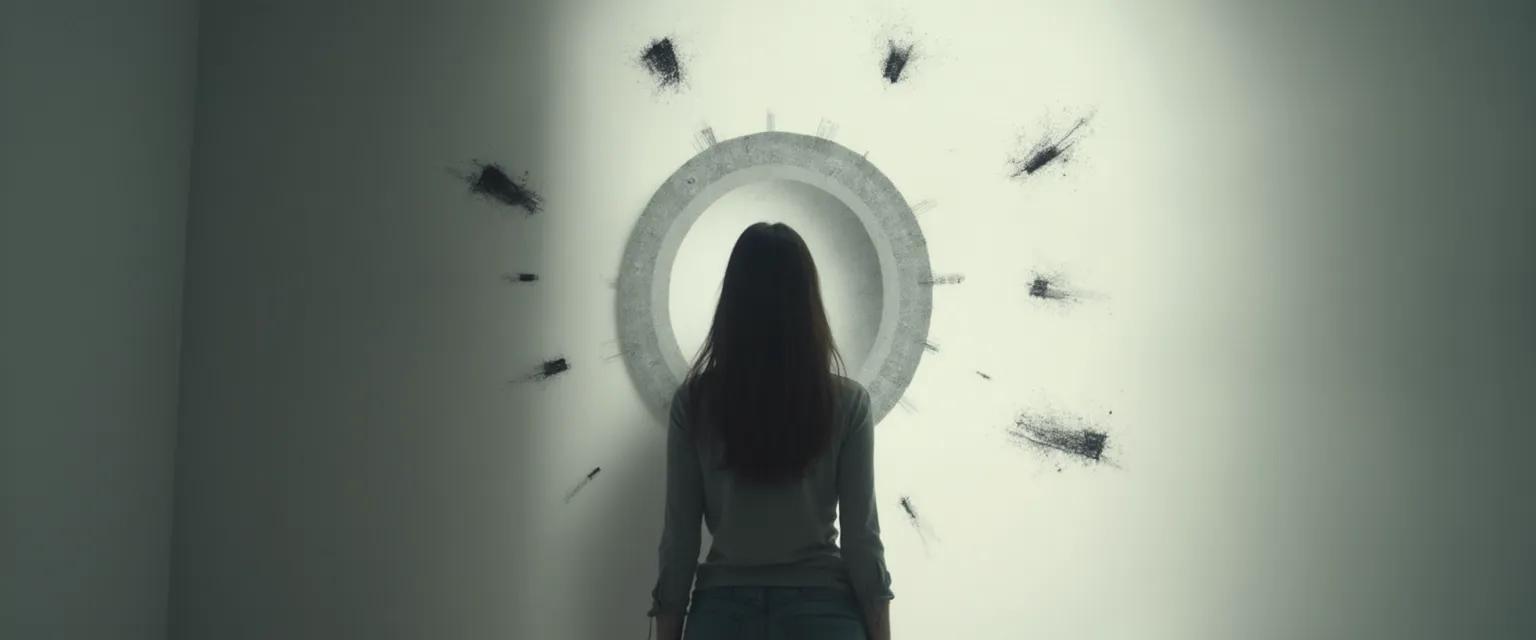7 Blind Spots Blocking Your Self-Awareness Intelligence: Break Free Now
Ever noticed how some people seem completely oblivious to their annoying habits while you're painfully aware of your every social misstep? That's self-awareness intelligence at work—or not working. Self-awareness intelligence forms the foundation of emotional intelligence, yet it remains elusive for many of us. Like trying to see the back of your own head without a mirror, truly understanding ourselves requires tools and perspective we often lack.
The truth? We all have blind spots blocking our self-awareness intelligence. These mental glitches aren't character flaws—they're built into our cognitive architecture. Neuroscience shows our brains are wired to protect our self-image, creating these blind spots as a defense mechanism. Identifying these barriers is the first step toward developing stronger self-awareness intelligence and transforming how you navigate relationships and decision-making.
Ready to shine a light on what you can't see? Let's explore the seven most common blind spots that might be holding your self-awareness intelligence hostage.
3 Common Blind Spots Undermining Your Self-Awareness Intelligence
The journey to stronger self-awareness intelligence begins by recognizing these fundamental barriers that affect nearly everyone:
The Confirmation Bias
This blind spot leads us to seek information that confirms what we already believe about ourselves. If you think you're exceptionally generous, you'll remember every time you gave to charity but conveniently forget when you declined to help a friend. This selective attention creates a distorted self-image that blocks genuine self-awareness intelligence.
Quick check: When was the last time you welcomed feedback that contradicted your self-perception?
The Spotlight Effect
We dramatically overestimate how much others notice our actions and appearance. That coffee stain on your shirt? The awkward comment in the meeting? Others barely registered what felt mortifying to you. This distorted social perception skews how we evaluate ourselves in social contexts.
Quick check: How often do you replay social interactions, imagining others are judging you harshly?
The Fundamental Attribution Error
We judge others based on their actions but ourselves based on our intentions. When someone cuts you off in traffic, they're a jerk—when you do it, you're just running late for an important meeting. This double standard severely limits self-awareness intelligence development.
Quick check: Do you find yourself making excuses for your behavior that you wouldn't accept from others?
4 More Self-Awareness Intelligence Blockers and How to Overcome Them
The Superiority Illusion
Studies show that 93% of Americans believe they're above-average drivers—a statistical impossibility. This blind spot leads us to overestimate our abilities across multiple domains, from professional skills to relationship aptitude, creating a significant barrier to self-awareness intelligence.
Try this: Identify one skill you think you're great at, then ask for specific, anonymous feedback from three people who observe you regularly.
Emotional Reasoning
When we let feelings dictate our reality ("I feel incompetent, therefore I am incompetent"), we block accurate self-perception. Emotions provide valuable data but make poor judges of objective reality. Managing emotional reactions is crucial for developing robust self-awareness intelligence.
Try this: When strong emotions arise, label them ("I'm feeling frustrated") rather than treating them as factual statements about reality.
Knowledge Gaps
You don't know what you don't know. These invisible gaps in understanding create blind spots in self-awareness intelligence that are particularly difficult to identify without external input.
Try this: Regularly expose yourself to perspectives that challenge your worldview through books, conversations, or diverse professional networks.
The Impact Illusion
We consistently misjudge how our behavior affects others. That "constructive criticism" you offered? It might have crushed your colleague's confidence. This blind spot creates a disconnect between intention and impact that limits relationship development.
Try this: After important interactions, ask a simple question: "How did that land for you?" Then listen without defending.
Elevate Your Self-Awareness Intelligence Today
Developing self-awareness intelligence isn't about harsh self-criticism—it's about curiosity. Start with a daily three-minute reflection asking: "What surprised me today about my reactions or behavior?" This simple practice builds your self-awareness muscle over time.
Remember that true self-awareness intelligence develops through a combination of internal reflection and external feedback. By recognizing and addressing these seven common blind spots, you're already strengthening this critical component of emotional intelligence. Your relationships, decision-making, and personal growth will all benefit from this enhanced self-awareness intelligence—proving that sometimes, what you can't see can help you.




